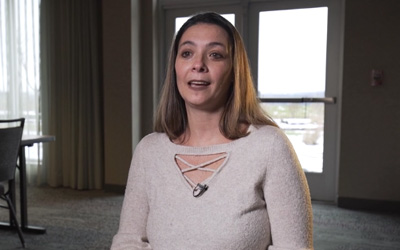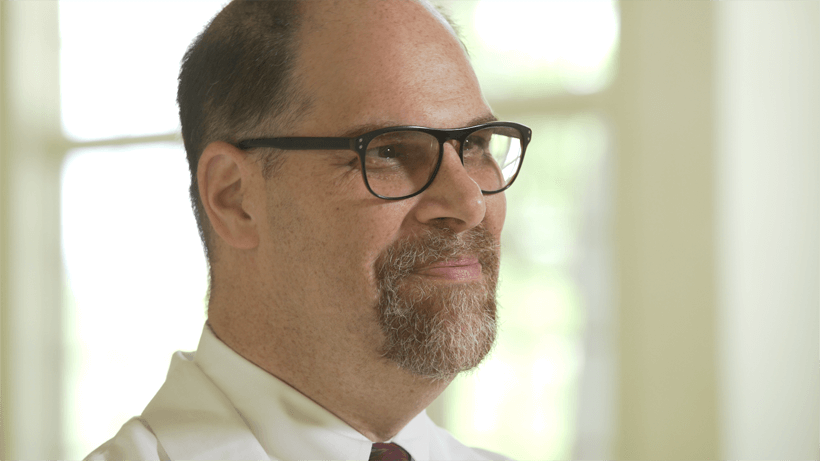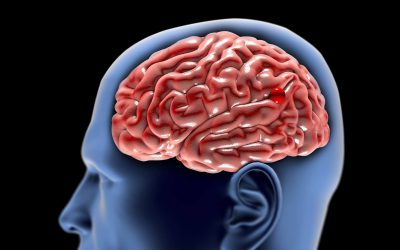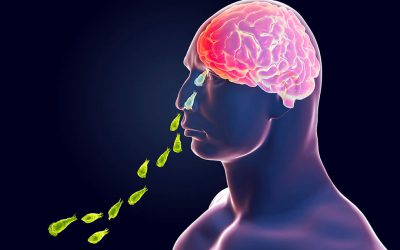So, I met Dr. Rosen when I was a C.A., taking care of his patients, um, as an aide and then I advanced my career into nursing and switched over to the R.N. role and have been there ever since. I was at work, uh, in a patient’s room, working, and my phone was ringing and I was actually in an isolation room so I couldn’t answer my phone. I did what I needed to do in that room and then I left the room. I went out to the desk and I was like, “hey, who’s calling me,” you know, and they’re like, oh, they’re like, “you know, we’re sorry we keep bothering you, but your husband’s calling the unit and he says it’s an emergency.” My husband tells me that, um, you know, something is wrong with Hunter. Hunter was three years old–he had just turned three.
We had the kids at my mother in laws swimming that day before I came to work and they were down there swimming and he had floaties on and my husband thought that his floaty had deflated, that he kind of got sucked under the water. He was in the pool and was able to get him out right away, but when he got him out of the pool, he was shaking all over, his eyes were rolled back, he was incontinent of urine, he had bit his tongue. I knew that it was a seizure and I told him that he needed to either put him in the truck and fly up here to the ER or he needed to call 9-1-1. The senior resident at the time was Dr. Cogar and I went and got him and told him that I needed help, that my son was seizing. Dr. Cogar goes with me in the elevator downstairs to the ER, we wait on my husband, he gets there–super fast. Dr. Cogar goes and gets Hunter out of the car, carries him, bypasses the whole ER and takes him straight to the cat scanner. I then knew that I wasn’t a nurse, I was a mom, and I had to stay out. Dr. Cogar came out and with his head down, I knew that it wasn’t good. Dr. Cogar said that Hunter was bleeding on both sides of his brain and that it was emergent.
He said, so I’m going to go call the pediatric neurosurgeon and I’ll be right back with you. So, he came back to me to let me know for one reason or another, the pediatric neurosurgeon was not available. My heart dropped because I knew being a neuro nurse that this was emergent and that someone had to do something. Dr. Cogar said, I’m going to call Dr. Rosen, he’s the adult attending neurosurgeon on call. Dr. Cogar came back to let me know that he talked to Dr. Rosen and that he was getting dressed and on his way in. I’ve worked with Dr Rosen, so I’ve known him and I was happy that he was called and that he was, I was even happier that he was willing to come in and assess the situation and see what we were going to do. He really didn’t even have to go into big details with me because of being a nurse, his priority was Hunter. He said, you know the risks, you know the benefits. They prep him for surgery and Dr. Rosen said, I’ll take care of him just as if he’s my own. Dr. Rosen saved, he saved her life. If he wouldn’t have answered his page and came in, Hunter wouldn’t be here. Everyone that Dr. Rosen does surgery on, everyone will say the same thing: you never know how you could repay him or thank him. And, I knew to him, he was just doing his job, but he did more than just his job because he’s an adult neurosurgeon. I appreciate him and I’m thankful for him.
As a kid, like kids, they like superior super movies, stuff like that. I would think of him more as like the superhero walking around the hospital saving everybody’s life and stuff, more than just a doctor.
I’ve seen him work lots of miracles over the years and in all the years of knowing him and taking care of his patients, not one, not one of his patients have ever come back to the unit with a complication or an infection. That’s a lot to say about a surgeon.
I’m thankful that he was there at the time and he was able to be straightforward, help everybody get through the situation. Thankful for just being able to do what I can today–having a normal life, not have to worry about watching other kids have fun and I have to sit there or, just like, having that holding back–that disability of holding back. I can go out and do what everybody else can and I’m thankful for that.
Please note, the information provided throughout this site is not intended or implied to be a substitute for professional medical advice, diagnosis or treatment. All content, including text, graphics, images, and video, on or available through this website is for general information purposes only. If you are experiencing relating symptoms, please visit your doctor or call 9-1-1 in an emergency.
Please note, the information provided throughout this site is not intended or implied to be a substitute for professional medical advice, diagnosis or treatment. All content, including text, graphics, images, and video, on or available through this website is for general information purposes only. If you are experiencing relating symptoms, please visit your doctor or call 9-1-1 in an emergency.
Read More from Dr. Charles Rosen
Multiple Aneurysms: Emilia Clarke
I'm getting a lot of questions these days about aneurysms and Emilia Clarke, the game of Thrones star, and the unusual aspect of her history is to having multiple aneurysms that needed care, so I wanted to talk a little bit about how often we see that. The...
read moreBrain Eating Amoebas
Last year I got asked a lot about the terrible tragedy related to the brain eating Amoeba or brain eating bug as it's called in the press. First off, these are relatively uncommon. They are horrific when they occur, but they're not common. What it is, is...
read moreHeat Stroke
With the temperature increasing, as a motorcyclist, I'm very aware of the issues of heat exhaustion and heat stroke, and these are very dangerous issues. Our bodies need to stay at a standard temperature (98.6 degrees Fahrenheit, 37 degrees Celsius), and...
read more



